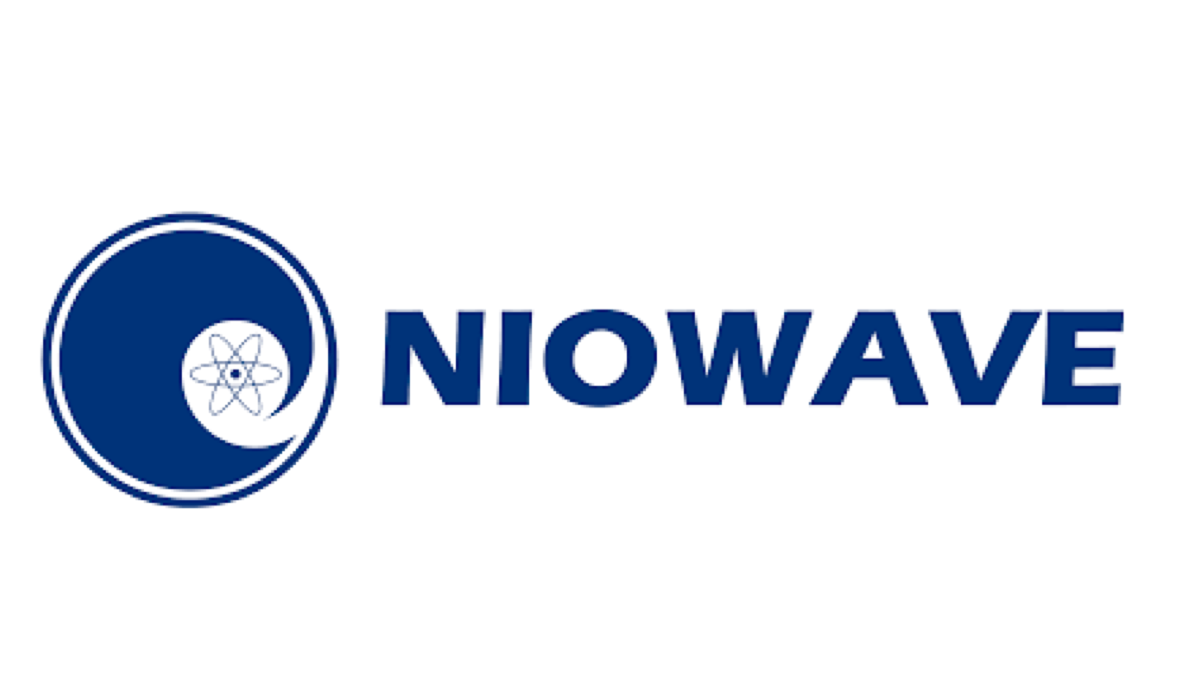NEWSTREAM — Would you like sit in your armchair and select your favorite tune by humming it? Can you imagine dimming the room’s lights by just saying the command? Would you believe that your bathroom mirror will be able tell you that you are ill?
From today, these dreams will take a big step on the road to reality as Philips officially opens HomeLab, a real house filled with state-of-the-art technology that will be tested by normal people in an everyday environment.
Unlike traditional product testing facilities, HomeLab is a live-in “home” (with living room, kitchen, two bedrooms, bathroom and study) that is linked through hidden cameras, microphones and one-way mirrors to sophisticated observations rooms. This allows Philips’ researchers to “live” with the occupants 24-hours-a-day, 7-days-a-week to better understand their needs and motivations, and bring the best products to market as quickly as possible.
HomeLab features a range of Ambient Intelligent prototypes-technologies that are sensitive, personalized, adaptive and responsive to people. It includes home entertainment systems that can respond to human voice commands or create digital fantasy environments for virtual reality games; biofeedback technology embedded into everyday household objects such as a bathroom mirror; and an interactive user interface that consolidates multiple home devices into a single system for managing typical digital activities such as recording a voicemail, watching a video or listening to music from any room in the home.
Most connections are wireless, with systems controlled by handheld devices as well as large-area flat-panel displays, and the HomeLab’s wireless LAN (Local Area Network) has access to the outside world via broadband internet. Chunky black boxes housing televisions or stereo apparatus will be a thing of the past. TV pictures can be projected onto blank walls. Music will come from MP3s stored on the HomeLab computer jukebox, which can even recognize and play a hummed tune.
Traditional testing has relied upon volunteers testing a new product for a limited time before giving their opinion, often only after a matter of hours. Although this provides good initial feedback, it does not identify whether consumers will become bored, frustrated, or even angry with a product over time. With HomeLab, “residents” will be staying for between 24 hours and two months, depending on the type of research being conducted.
“To achieve a world in which Ambient Intelligence is pervasive, we need to teach technology to react to humans rather than forcing humans to ‘program’ technology,” said Erkki Liikanen, the Commissioner responsible for the European Union’s investment in Philips HomeLab. “We also need to create technology that understands cultural differences, closes gaps in technology standards and is affordable for businesses to bring to market. Studying these human needs at a facility like Philips HomeLab brings us closer to understanding how technology can really make a difference.” The European Commission is spends some 3.6 billion euro per 4 years on their R&D program “Information Society Technologies” (IST), for which Liikanen is responsible. Philips is participating with more than 100 projects in the IST program.



